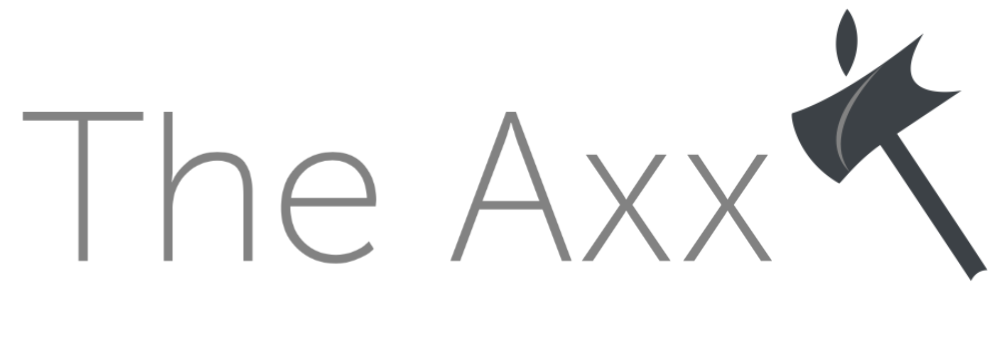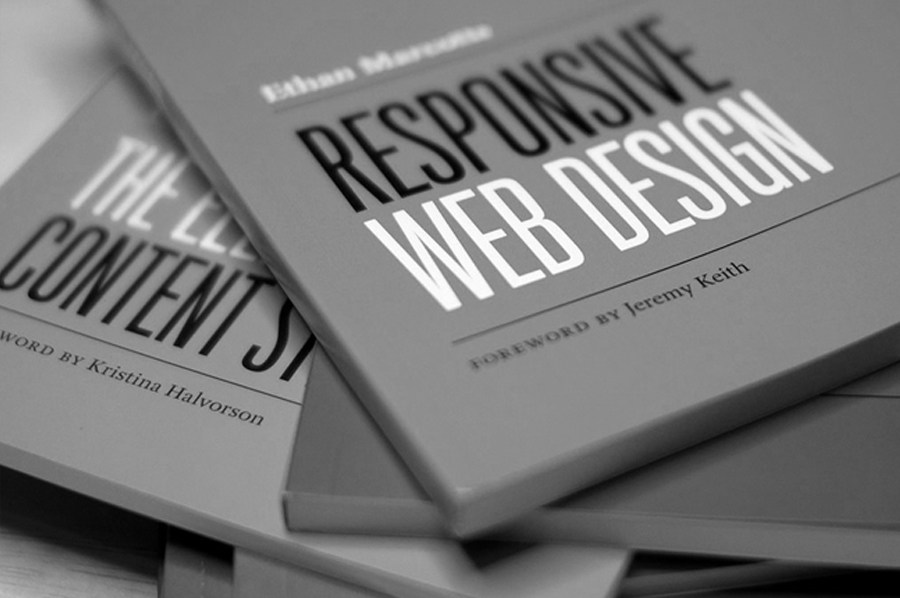A few weeks ago, the Pew Research Center released a new study on teens and social media. The study showed significant changes on many levels from their previous surveys on the subject since 2006. As a teen myself, and one who, until just a few weeks ago, had been immersed in the high school experience for four whole years, I think I can expand upon their conclusions based on my experiences and some of their findings. Lets start with these data points and observations from the survey:
Teen Twitter use has grown significantly: 24% of online teens use Twitter, up from 16% in 2011.
When asked where they maintain profiles or accounts, some 94% of teen social media users say they have a Facebook profile, and 81% say that Facebook is the profile they use most often. One in four (26%) teen social media users say that they have a profile or account on Twitter (with 7% saying that Twitter is the profile they use most often)
By comparison, only 7% of teen social media users say they maintain a Myspace account, and none of the survey respondents said MySpace is the account they used most often. That is in stark contrast to the 85% of teens who said in 2006 that MySpace was their most frequently used profile.
Focus group discussions with teens show that they have waning enthusiasm for Facebook, disliking the increasing adult presence, people sharing excessively, and stressful “drama,” but they keep using it because participation is an important part of overall teenage socializing.
When the study came out, many tech blogs and news sites highlighted the data point regarding the 94% of teen social media users who have Facebook profiles. It's true, this data point is rather astounding. However, everything I'm seeing and hearing in the teen spectrum, and everything I know about teen culture, leads me to feel great doubt in the future of Facebook's stronghold in this population.
It is the last two points in particular, which I feel should frighten Facebook. In 2006, 85% of teens said MySpace was their most frequently used profile. A mere seven years later, that number has been reduced to zero percent. And let's keep in mind that while it may have taken six or seven years for MySpace to drain all the way to zero, it has quite clearly been dead in the water for four or five years less than that. When I entered high school in 2009, all the pressure I was getting to join a social media network was pointing me to Facebook. I was not once encouraged to get a Myspace. That's three years after 85% of teens used MySpace as their primary social network. Now refer to the second point I quoted. Only 81% of teens today say that Facebook is their primary social network. That is less than MySpace had at its peak, and its hold was completely broken only two or three years later. Within seven, completely gone. Now, finally, recall my final quoted point: the enthusiasm for Facebook is already waning. Call it increasing adult presence. Call it too much drama. Call it people sharing too excessively. Sure, all of these factors and more are aiding in the waning enthusiasm teens have for Facebook, but if you boil it all down, it's quite simple: Facebook has lost the cool factor. And in the world of teenagers, where there is no loyalty to anything, when something loses the cool factor, and the next Big Thing picks it up, the exodus is rapid, and fatal.
So what is this next Big Thing? When MySpace reined supreme, Facebook was the usurper, but now that Facebook holds the crown, the challenger is Twitter. Just look at the data: teen use of Twitter since 2011 has almost doubled. Since 2009, it has more than tripled. Still, I don't even need these impressive data points to see the momentum changing. All I need to do is tip an ear to the pipeline of gossip and information which inherently echoes through any teenage ecosystem. The same pipeline that told me I needed to get a Facebook as soon as possible when I entered high school, is now sending newcomers to Twitter. I'm a middle school leader at my church, so I know a lot of incoming high school freshmen. Almost every graduated 8th grader I know who will be entering high school next year already has a Twitter account. More interestingly, some of them actually do not have Facebook accounts as well, or if they do, many don't use it at all. Even amongst older high school teens, the majority of which still seem to prefer Facebook, the minority "popular" crowd has already migrated to Twitter. This group may not be enough to tip current percentages, but they probably have more influence over what is "cool" to teenagers than all the other groups put together. Facebook may not know it, but it already appears to have a teen death sentence on it. If incoming freshmen in high school prefer Twitter over Facebook, the ranks of teens who join after them will be sent to Twitter too. Twitter has successfully stolen the cool factor, and I am seriously doubtful about Facebook's ability to steal it back.
The biggest mistake that Facebook could make at this point is assuming it holds a single speck of loyalty in the teen population. There is no loyalty among teens. How can you expect a population of kids who are well known for constantly and brutally backstabbing their friends, cheating on their significant others, breaking the law and at all times following the booming knell of what is "cool" and what is "uncool" of having any sort of loyalty to their social network of choice? Facebook may be king right now, but if it assumes its huge lead is a given and doesn't try anything drastic to steal back the retreating cool factor it once had, then I will be stunned if it is still maintaining its massive lead over Twitter in the teen population three or four years from now. Twitter is trending in the places that matter: with the younger teens and with the "popular" teens. As the current, Facebook-centric population of teenagers "ages out" into different categories, Facebook is going to have a very hard time avoiding going the direction of its predecessor MySpace. Unless it does manage that drastic change, and regains the spotlight and attention of teenagers which is currently shining onto Twitter, that 94% is going nowhere but down.




